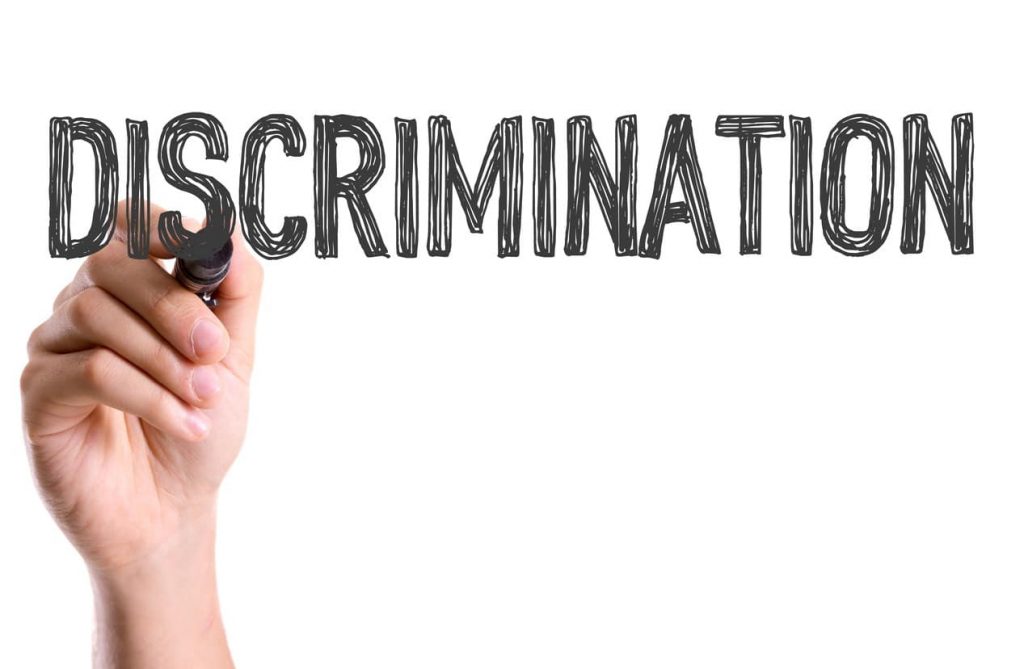The Equal Employment Opportunity Commission (EEOC) reached a $20.5 million settlement with Jackson National Life Insurance Company for harassment, discrimination, and retaliation claims brought on behalf of female and African American employees. This settlement marks the largest monetary settlement ever for the EEOC’s Phoenix and Denver offices.
Background of the case
The suit alleged that the insurance company tolerated a hostile work environment that targeted female and African American employees. The claims included egregious acts of race and sex discrimination and harassment, including:
- Referring to African American employees as “lazy” and subjecting them to demeaning cartoons;
- Upper-level management referring to various African American female employees as “resident street walkers”;
- Subjecting female employees to lewd comments, including comments about their breasts, as well as suggestive staring from male coworkers; and
- At least one high-level executive kissing female employees who were his subordinates on the lips.
The EEOC charge alleged that much of the harassment and discrimination involved the conduct of supervisors, managers, and executives. It further alleged that Jackson National discriminated against female and African American employees in the terms and conditions of employment, including that:
- The company paid female and African American employees less than their counterparts;
- Jackson National regularly chose less-qualified, white and male employees over African Americans and females for promotion; and
- It retaliated against employees who opposed the discrimination, including firing a white vice president after he refused to negatively evaluate and discipline two African American female employees who had complained.
Title VII prohibits discrimination based on membership in a protected class
Title VII of the Civil Rights Act of 1964 (“Title VII”) prohibits discrimination and retaliation based on race, sex, national origin, age, disability, religion, and genetic information. Harassment creating a hostile work environment is actionable under the statute when the harassment is pervasive or severe. Courts look to severity, frequency, and physicality when assessing whether harassment violates Title VII. A single, severe act of harassment, like sexual assault is actionable.
Proscribed discrimination includes harassment when:
- Dealing with harassment becomes a condition of continued employment; or
- The conduct is severe enough to create a work environment that a reasonable person would consider hostile or abusive.
A company will be held liable for a hostile work environment created by a supervisor unless it can prove:
- It reasonably tried to correct and prevent the behavior; and
- The employee unreasonably did not take advantage of the employer’s provided preventive or corrective opportunities.
Title VII prohibits employers from retaliating against employees for investigating or opposing discriminatory practices
Title VII prohibits employers from retaliating against employees for participating in an investigatory legal or administrative process under equal employment opportunity statutes or for otherwise opposing unlawful discrimination. To prove a Title VII retaliation claim, a plaintiff must demonstrate:
- She engaged in protected activity (participating in an investigation or administrative process investigating unlawful, discriminatory practices and/or otherwise opposing unlawful, discriminatory practices);
- She suffered from an adverse employment action (an action that would dissuade a reasonable worker from engaging in protected activity; see Burlington Northern & Santa Fe Ry. v. White, 548 U.S. 53, 67-70 (2006)); and
- There is a causal connection between the adverse action and the protected activity.
The EEOC’s four-year consent decree settles the claims of 21 former Jackson employees
 The settlement provides damages, costs, and attorneys’ fees for 21 former Jackson employees, amounting to $20.5 million.
The settlement provides damages, costs, and attorneys’ fees for 21 former Jackson employees, amounting to $20.5 million.
A Jackson representative provided the following statement: “Jackson is strongly committed to providing equal opportunity to all employees. Jackson does not tolerate discrimination or harassment of any kind, and we maintain and enforce high standards of conduct for how our associates interact with consumers, business partners and each other. These standards are reflected in policies, procedures and mandatory training we regularly review and enhance to ensure they are consistent with best practices and the law.
Jackson chose to resolve this matter at this time as the best option to move forward for all parties. While there has been no finding by a Court or jury that Jackson violated any laws, we are humbled and recognize that the associates who made claims in this case believe they were not treated fairly or in a way that aligns with Jackson’s core values. This is concerning to us, as it is not consistent with who we strive to be. This experience provides an opportunity to re-affirm our commitment to our core values, enhance our policies and practices, and continue to make Jackson a great place to work.”
The consent decree further enjoins Jackson from further violating Title VII by creating or tolerating a hostile work environment on the basis of sex, race, and/or national origin and discriminating in the terms and conditions of employment. Further, the company must designate an Internal Compliance Monitor and retain an outside consultant to monitor compliance with Title VII and related laws and future complaints, while also training employees on discrimination, harassment, and retaliation.
